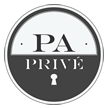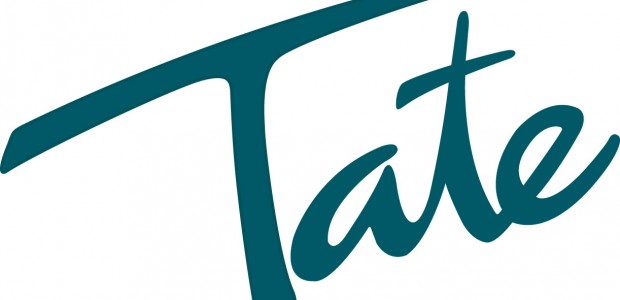As a PA or EA, your ability to handle confidential subjects, issues, emails and documents is essential. And increasingly, PAs are asked in job interviews how they approach the issue of confidentiality. This guide offers insider knowledge that will help you to handle all things confidential with confidence.
Confidential emails and digital files
The issue of confidentiality is especially pertinent when it comes to handling emails and electronic documents.
You’ll probably have access to your manager’s emails, and in most cases, you’re probably the first port-of-call in reading them and responding on their behalf.
Here’s how you can successfully dodge potential problems in this area:
- Always lock your screen when you’re away from your desk, and perhaps even when people come over to chat to you. It’s not rude – it’s your job to be secretive about sensitive information. You can even alter the settings so that your screen automatically locks after short periods of inactivity
- Make sure your desk and screen are positioned in relative privacy. This can be tricky in an open-plan office, but it’s worth insisting on
- When a confidential email arrives, avoid opening it in a full-screen view. Scan it in a minimised window, and you can quickly click elsewhere to remove it
- When sending sensitive emails, mark them as ‘confidential’ in the email options tab, and encrypt any attached files
- Regularly sort through your emails (inbox and sent drive) and your files, and make sure that everything is suitably hidden and protected. It may also be worth deleting sent emails and temporary files
Confidential documents
In terms of confidentiality, paperwork can be even more problematic than electronic files.
Try to do the following:
- Avoid printing sensitive documents unless absolutely necessary
- Ensure confidential paperwork isn’t left on your desk unguarded
- If you don’t have your own printer, you should ask for one. If this isn’t possible, try and create a setting on your computer that allows you to print only when you physically enter a password into the printer
- Get your boss to invest in a shredder, and shred documents as soon as you’re finished with them
Confidential conversations
There’s no avoiding it – you are privy to some of the most significant information in your business. In many cases, you’ll know about promotions, salary changes, redundancies, acquisitions and mergers before anyone else. You’ll also hear all manner of gossip directed right across the business.
There’s no easy way of handling this. Many of your closest colleagues will expect you to be privy to information they’d love to know, and resisting them can be difficult. But unlike your colleagues, your job relies upon your ability to be extremely conscientious with sensitive information.
The key is to be honest. Don’t be afraid to tell your colleagues that you simply can’t mess about with the information you have. It’s not snobby or patronising; your career is at stake.
Another useful way of combatting this issue is to try to avoid sensitive information in the first place. Some things you will pick up by accident – perhaps when you’re skimming through emails. The trick is to only consume the things that are imperative. As the old adage goes, what you don’t know can’t harm you.
And fundamentally, you need to develop a clear understanding of what information is and isn’t confidential in the first place. Once that’s apparent, you can be selective about what you discuss, and you can still engage in some friendly gossip and banter without compromising the loyalty of your boss.
For more tips on honing your skills as a PA or EA, check out our other career guides > HERE






